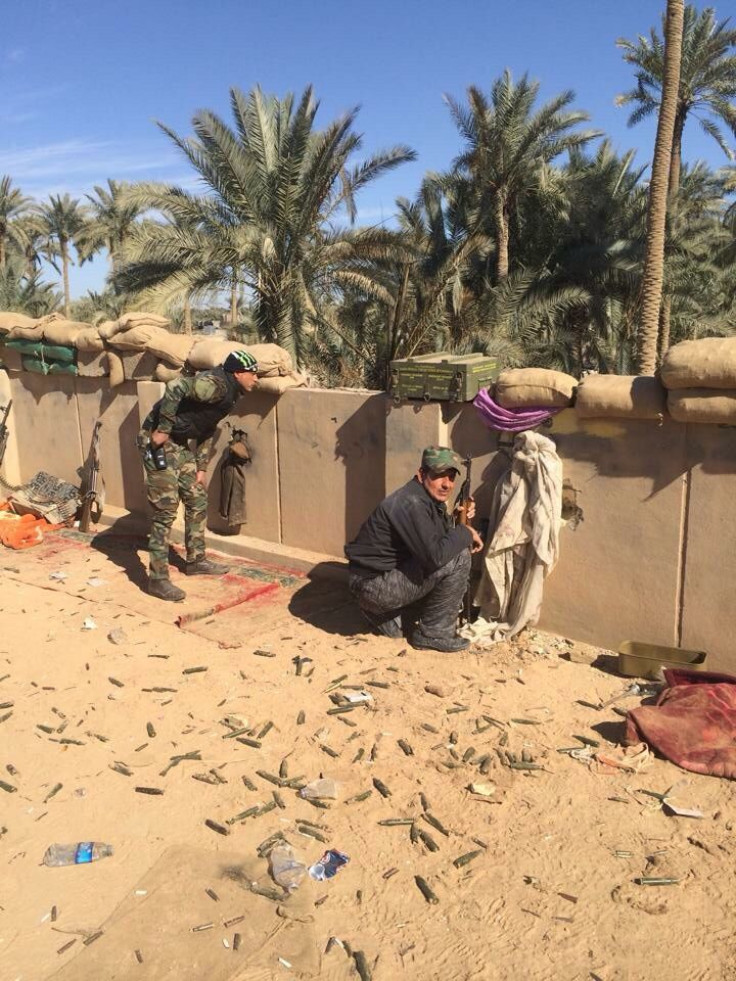Sunni Tribes And Iraqi Military Score Victories Against ISIS In Anbar With 'Tunnel Warfare'

ISTANBUL -- Sunni tribal fighters in Iraq's Anbar province are fighting without the missiles and other heavy weaponry promised by the U.S., but they are scoring successes anyway against the Islamic State group with unconventional, and far less technological, methods. In a partnership with elite Iraqi military units, tribal fighters are digging tunnels throughout Anbar near the militants' outposts, lining them with explosives and detonating them.
Fighters on the front line in Ramadi told International Business Times this kind of tunnel warfare has helped them kill dozens of militants of the Islamic State group, also known as ISIS or ISIL, in the past week, giving them the upper hand in the 2-month-old battle. Iraqi security forces announced this week that with the help the the Sunni tribes, they had pushed ISIS out of al-Baghdadi, a town that hosts hundreds of U.S. personnel at the Ain al-Asad air base.
"Iraqi Security Forces and Tribal Fighters from the Anbar region have successfully cleared al-Baghdadi of [ISIS], retaking both the police station and three Euphrates River bridges," said defense officials from the U.S.-led coalition against ISIS, as quoted by the Hill.
Videos obtained by IBTimes show members of the Iraqi military, the Anbar Central Command -- a security force that patrols the province -- and Sunni tribal fighters installing explosives in a tunnel in Ramadi. In the video, men are seen crawling out of the tunnels after finishing their dig to the ISIS outposts. Several men are seen talking about how one of the tunnel explosions killed nearly 50 ISIS militants in one day in February.
Iraqi soldiers and tribal fighters built the tunnels after weeks of battling ISIS with dwindling resources and delays in lethal aid from the United States.
Now, though, the Sunni fighters have found a way to begin pushing ISIS out of Anbar, and they are proving successful. The tactic is now being used by the Iraqi military and other tribal fighters in other major battle zones such as Tikrit.
As ISIS begins to retreat from Anbar, the group is relocating east to places such as Hawija where the militants are focusing their efforts on creating a new base. Controlling Hawija would give ISIS access to a road that leads to the Baiji refinery, which the group lost to the Iraqi military in November. The oil fields surrounding Kirkuk, however, are a long distance from Hawija and are still under the control of Kurdish forces.
© Copyright IBTimes 2024. All rights reserved.











